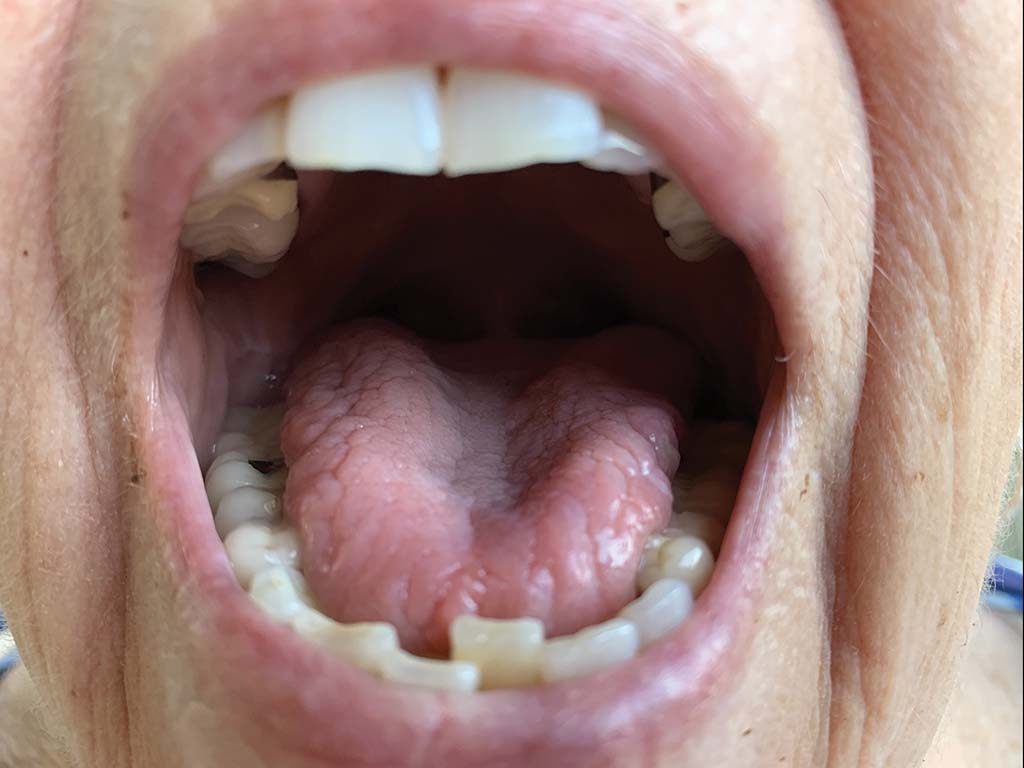“It’s not as easy as it used to be for senior citizens to wait in line to get back into the United States after receiving dental care in Mexico,” said Mary Versluis, an 81-year-old Tucson resident who travels to Mexico for cheaper dental care.
“I go for cleanings two or three times per year because I need to go that often,” Versluis said. “I’ve always had to go to the dentist quite a bit.”
According to the Centers for Disease Control and Prevention, adults over the age of 65 who are economically disadvantaged, disabled or homebound tend to have the poorest oral health.
Statistically, older adults find it much more difficult to obtain proper dental care because of limited transportation, the lack of insurance and the struggle to function physically.
Being disabled, homebound or institutionalized also increases the risk of poor oral health. Many older Americans do not have dental insurance because they lost their benefits upon retirement and the federal Medicare program does not cover routine dental care, according to the CDC.
Dr. Jared Nesbit, DDS, a dentist practicing in Tempe, said seniors specifically might be on a lot of medications with side effects, possibly causing a drop in saliva production, which Nesbit said can lead to accelerated rate of decay and more dental problems.
Tina Lorenzo, a dental assistant in Chandler, said that gum disease, which is known as periodontal disease, is one of the first diseases that develops in seniors when they aren’t able to get dental treatment.
“That’s when, if they don’t have regular checkups and they’re not being probed to check the depths of their gum pockets, the teeth can get loose. The bone disintegrates, the teeth would become loose and they would lose teeth,” Lorenzo said.
Lorenzo also said that gum disease is linked to heart attacks and strokes, adding that seniors are at an even higher risk because of dexterity problems, causing the inability to floss.
A high percentage of older adults have gum disease. About 2 in 3 (67%) adults aged 65 years or older have gum disease, according to the CDC.
Lorenzo, who said she treats about four seniors per day, also attributes oral health problems in seniors to a fear that has come about because of a lack of anesthetics earlier in their lives.
“They don’t want to come to the dentist. They don’t trust the dentist, so when they do come it’s bad. They’ve waited too long,” Lorenzo said.
Going to the dentist regularly can also be a financial burden for seniors. Tammy Fisher, the office manager at a dentist practice in Chandler, said that seniors do need help financially to get to the dentist.
“It’s usually not fair. It’s usually money that keeps them from coming,” Fisher said.
Nesbit said that seniors on fixed incomes may feel that they have to make decisions on treatment when they can’t afford to get the complete health treatment that they would want.
Fred De Joseph, 84, a resident of Queen Creek, said that he hasn’t been to the dentist in over a year. He also said he’s currently waiting for the United States Department of Veterans Affairs to approve funds for visits to the dentist.
“It’s financially impossible for me to pay what they want,” De Joseph said. “The VA would solve the problem by just giving me my percentage so that I could go to the dentist.”
Many Arizona residents, like Versluis, travel to Mexico seeking cheaper dental health care. Problems can arise when going to Mexico to visit the dentist such as travel hassle or long waits at the border. Nesbit added that travel can make getting quality care more complex, noting that attention following procedures is more difficult to access.
Nesbit said the mental problems can be one of the biggest problems with seniors.
“They don’t get to do one of the simple things we all take for granted, and that’s eating things that you want to be able to eat,” Nesbit said.
Transportation can also be a big issue for seniors wanting to go to the dentist. Nesbit said that seniors in care facilities or who rely on family members have their visit extended. For example, they may need to be picked up an hour early, or they may need a special vehicle to accommodate a wheelchair or walker, Nesbit said.
For those who need it most, including the elderly, Dental Lifeline Network, a nonprofit organization which provides access to dental care for people who cannot afford it, has stepped in to provide free, comprehensive dental treatment through volunteer dentists and dental labs across the United States. According to its website, since starting in 1985, Dental Lifeline Network has provided dental care to 120,550 people who don’t have enough money or insurance.
Erica Newton, the coordinator for Dental Lifeline Network explained how the program operates by saying, “Donated Dental Services is a program of Dental Lifeline Network, a charitable affiliate of the American Dental Association. The program assists people who are either disabled, elderly or medically at-risk and have no other means to obtain comprehensive dental care.”
“It is a great honor to be able to serve others in this capacity, but I do know that even with Dental Lifeline Network’s efforts all over the country, there is still a large population of people who are in need of this kind of help,” Newton said.
– Submitted by Lacey Lyons (Walter Cronkite School of Journalism, ASU).





